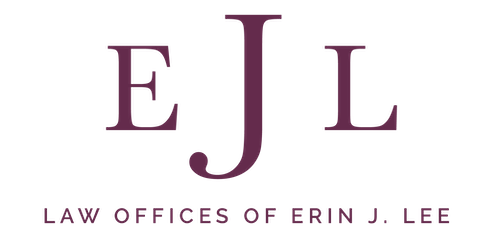An I-130, Petition For Alien Relative is filed on the behalf of an employee or family member of a U.S. Citizen (USC) or Lawful Permanent Resident (LPR), who wants to immigrate to the U.S. Depending on the category of visas the I-130 falls, the wait for s visa can be short or very long. In the cases where the wait for a family-based visa can be long, it is not uncommon for the petitioner to pass away before the visa becomes available, or even before the beneficiary is approved for a visa. In such cases, the law considers the I-130 petition to have died along with the petitioner. One way to try to revive that petition is to file for a humanitarian reinstatement of that petition.
A humanitarian reinstatement is an application only available to principal beneficiaries of a petition, filed after the petitioner passes away before the beneficiary obtained LPR status in the U.S. The application is completely discretionary, and weighs the positive factors in a case against the negative. If approved, the petition is revived and the beneficiary can utilize the petition in whatever manner they need.
One major requirement to apply for a humanitarian reinstatement is that the beneficiary must find a substitute sponsor. Generally, any family based immigrant is required to have a financial sponsor that signs Form I-864, Affidavit of Support. The death of a petitioner does not change this requirement. So, an applicant for humanitarian reinstatement must find a substitute sponsor in the deceased petitioner’s stead. The substitute sponsor must be either a USC or LPR, over 18 years old, and be the applicant’s spouse, parent, mother-in-law, father-in-law, sibling, child, son, daughter, son-in-law, daughter-in-law, sister-in-law, brother-in-law, grandparent, grandchild, or legal guardian.
USCIS will only grant a humanitarian reinstatement if the applicant warrants favorable discretion. In other words, USCIS will consider a myriad of factors, including but not limited to the applicant’s ties to the U.S., moral character, and criminal record. Although the humanitarian reinstatement applications are very difficult to get approved, it is a manner for I-130 principal beneficiaries to revive the petition, and not have to stand at the back of the line again through another petitioner.


